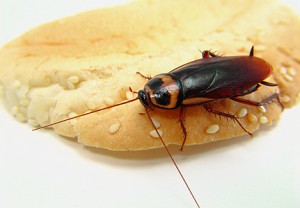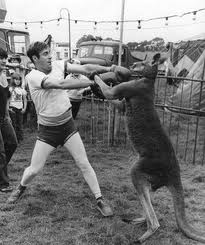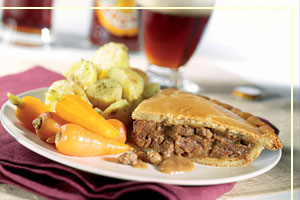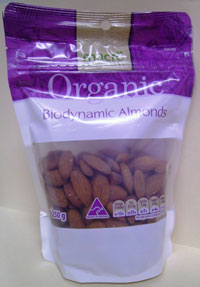The NSW Food Authority has successfully prosecuted the former Director of a Bankstown bakery over a foodborne illness outbreak which saw 83 people fall ill with Salmonella food poisoning, 20 of them hospitalised, last January.
The matter was heard in the Chief Industrial Magistrates Court last month, with the Magistrate finding the former Director of Bankstown Bakehouse guilty of four charges including; selling unsafe food, unsafe handling of raw egg products,  unclean equipment and the failure to ensure food handlers had adequate skills and knowledge about food safety.
unclean equipment and the failure to ensure food handlers had adequate skills and knowledge about food safety.
The former company Director was fined a total of $12,000 plus ordered to pay the prosecution’s costs.
“This is a significant prosecution for the Food Authority and sends a clear message to all retail food outlets that you will face enforcement action, and in some cases, prosecution, if you breach the Food Standards Code,” said the Authority’s CEO, Polly Bennett.
“It is the responsibility of every food business to ensure that the food they serve is safe to eat.
“The charge of failing to ensure adequate knowledge and skills of food handlers is an important reminder that competent food handlers play an important role in preventing outbreaks of foodborne illness. The introduction of the requirement for Food Safety Supervisor certification by the NSW Government in October 2011, aimed at addressing poor food handling practices, is a significant step in the right direction.
“This means employees are adequately trained in safe food handling practices, including the importance of hygiene and sanitising equipment to prevent cross-contamination – the main ingredient for spreading foodborne illnesses,” Ms Bennett said.
The Bankstown Bakehouse foodborne illness outbreak has led the Food Authority to work jointly with another local government to raise the level of food safety awareness at hot bread shops.



 Tasted like deer.
Tasted like deer. last five or six years coming from kangaroo meat.”
last five or six years coming from kangaroo meat.” vomited on arrival.
vomited on arrival. a renovation and have improved their practices to meet the ACT’s legal guidelines.
a renovation and have improved their practices to meet the ACT’s legal guidelines. But I’m not judging.
But I’m not judging..jpg) also detected listeria in rockmelons, to the surprise of many delegates within the room.
also detected listeria in rockmelons, to the surprise of many delegates within the room. — with no commitment from the supermarket giant to lower prices to consumers.
— with no commitment from the supermarket giant to lower prices to consumers.